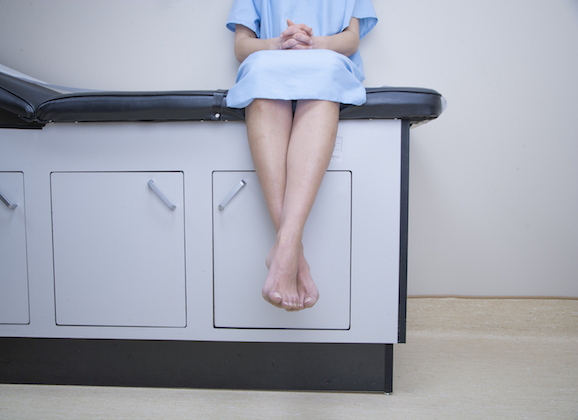At What Age Should Women Check Their Hormones?

Traditionally, being mindful of your hormones and getting tests done start at around 50 years old, when menopause starts and changes occur in the body and with hormonal balance.
Ovaries start to produce less estrogen and progesterone, which can cause symptoms such as insomnia, hot flashes, irritability and weight fluctuations.
Having tests done can help determines a good course of treatment to help bring the body back into balance, overall solving many symptoms associated with the changes happening inside the body.
But sometimes a hormone imbalance can happen even before menopause, and these issues are never something to take lightly or ignore.
A clear sign that something is wrong is usually when sudden shifts start to happen such as anxiety, mood swings and depression. Other signs that it’s time to get your hormones check are gastrointestinal issues, heavy and painful periods, headaches, insomnia, and hair growth on areas such as the face.
Some woman as young as in their twenties find out they have a hormonal imbalance they need to address, and once they do their symptoms go away.
Hormones play a key role in maintaining overall body health, they also contribute to fertility and your reproductive system. Everything within the body relies on a balance, and when it is off, it can show in both your physical and mental health.
Some of the main things to look at when testing hormones are estrogen, progesterone, cortisol, testosterone, thyroid, and DHEA.
So never feel like it’s too early to ask your doctor to do a blood test to check your hormonal balance. Regardless of what is suggested, making sure your hormones are not the cause of an underlying issue will only help diagnose what’s going on.
